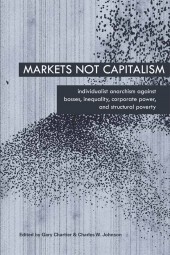Based on the idea of natural rights, government secures those rights to the individual by strictly negative intervention, making justice costless and easy of access; and beyond that it does not go. The State, on the other hand, both in its genesis and by its primary intention, is purely anti-social. It is not based on the idea of natural rights, but on the idea that the individual has no rights except those that the State may provisionally grant him. It has always made justice costly and difficult of access, and has invariably held itself above justice and common morality whenever it could advantage itself by so doing.
--Albert J. Nock





 Reply With Quote
Reply With Quote



Connect With Us